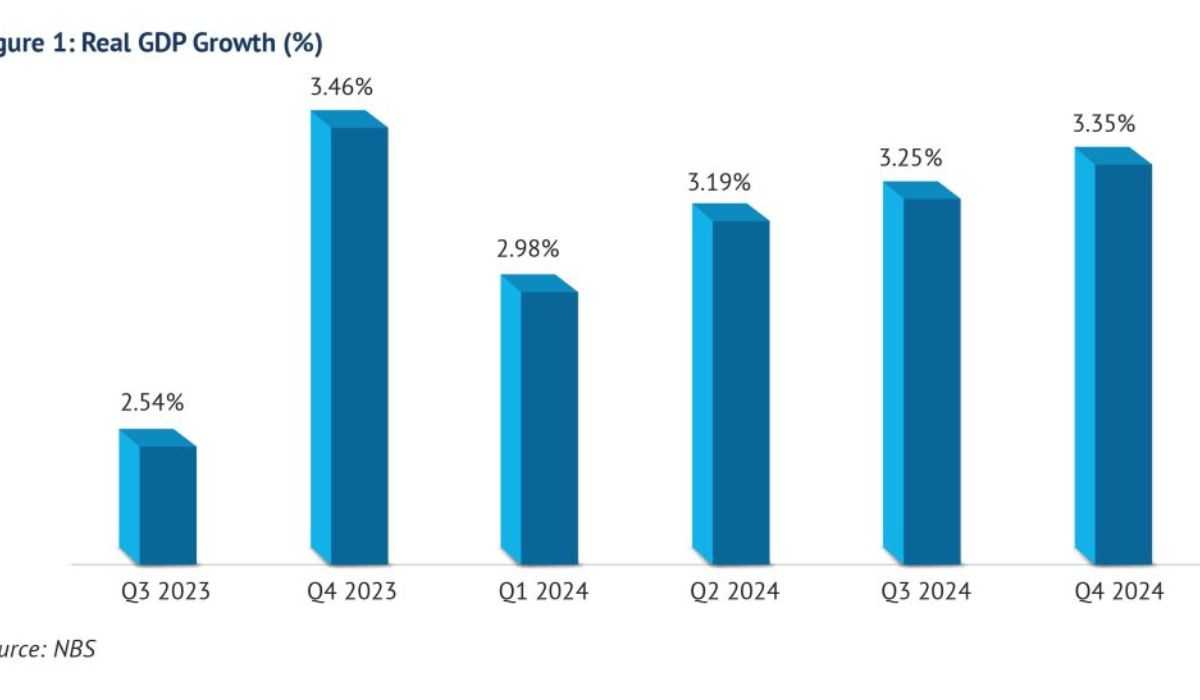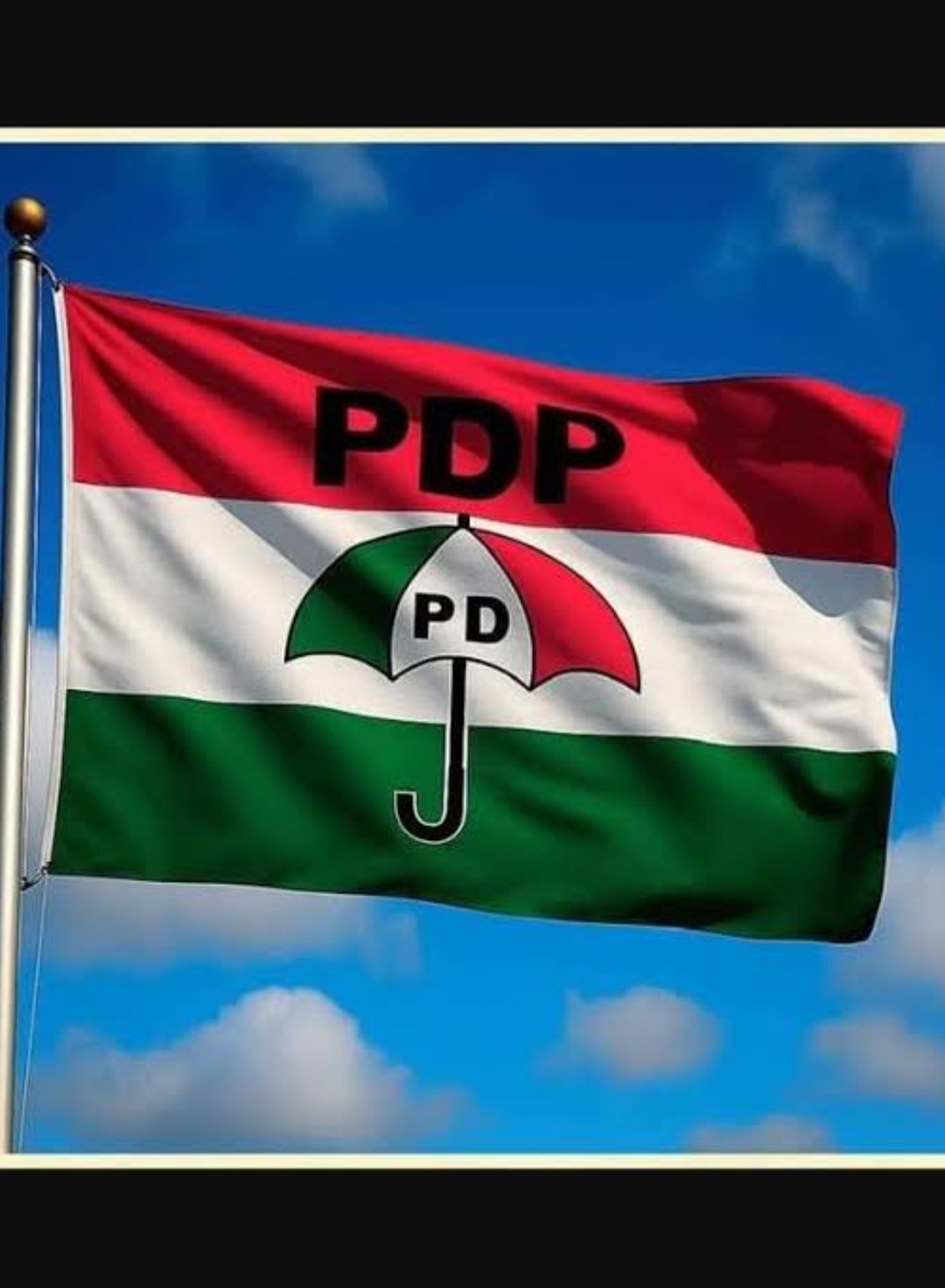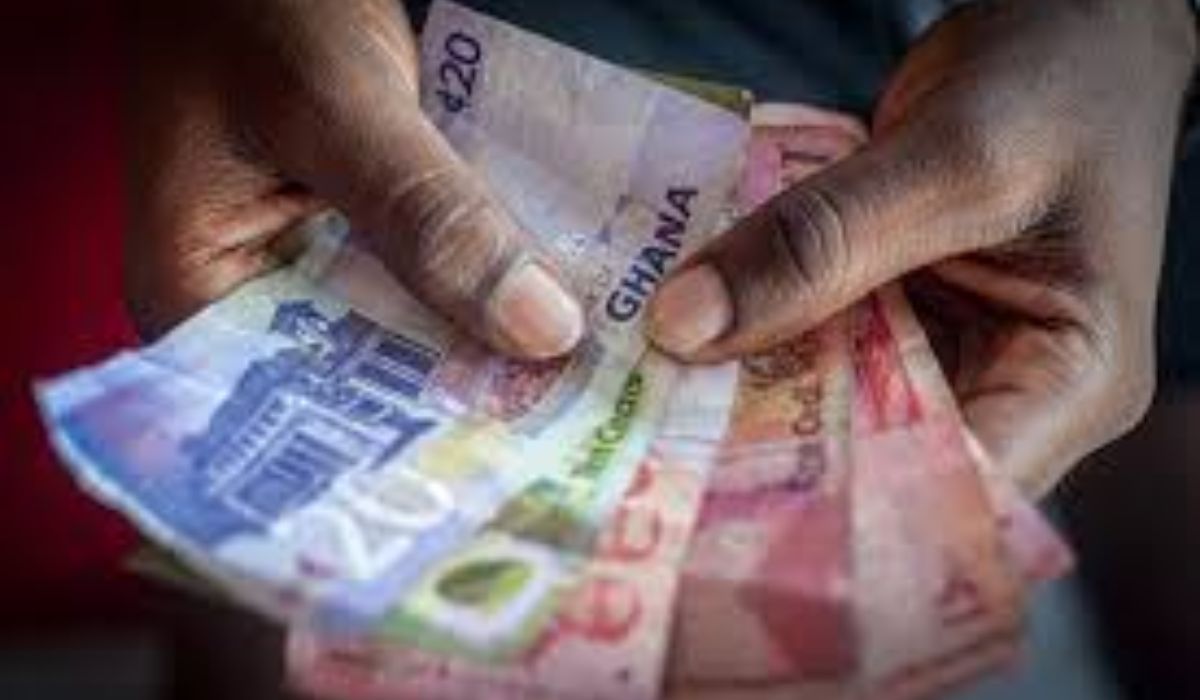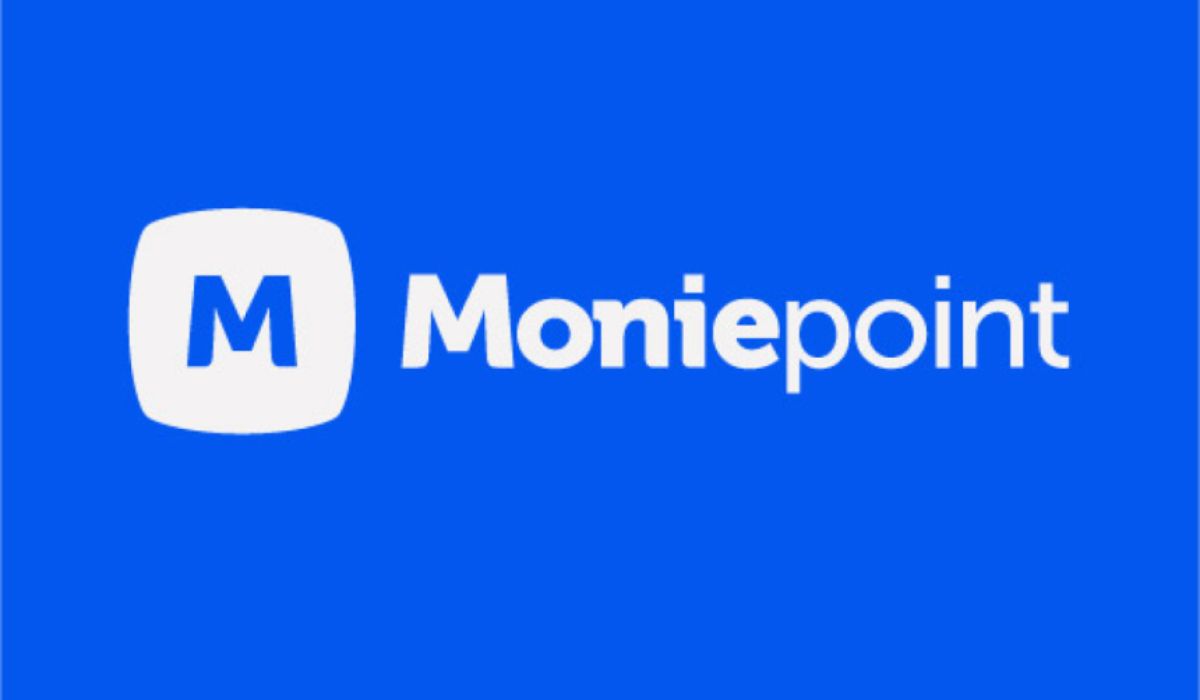Nigeria’s Private Sector Maintains Growth Momentum in Early Q2 2025

The Nigerian private sector has continued its upward trajectory in the second quarter of 2025, with robust customer demand driving business expansion.
This was stated in the latest Stanbic IBTC Bank Nigeria Purchasing Managers’ Index (PMI®) data.
April’s headline PMI reading reached 54.2, nearly identical to March’s 54.3 figure, extending the streak of readings above the 50.0 neutral threshold to five consecutive months.
In the PMI framework, readings exceeding 50.0 indicate improving business conditions, while those below suggest deterioration.
This sustained economic strength reflects significant growth across multiple indicators, including output, new orders, employment, and purchasing activities among businesses operating in Nigeria.
The survey reveals that production levels grew at their most rapid pace since January 2024, fueled by strengthening market demand. Growth was observed across all monitored sectors—agriculture, manufacturing, services, and wholesale/retail—with service providers recording the most substantial expansion.
Regarding these developments, Muyiwa Oni, Head of Equity Research West Africa at Stanbic IBTC Bank, said:
“Nigeria’s private sector business activity maintained its positive momentum into the start of the second quarter of the year as the PMI settled at 54.2 in April – broadly in line with 54.3 recorded in March. This latest improvement in business activity was primarily due to improved customer demand amid softening inflationary pressures, helping to support higher new orders.”
To manage increasing workloads, businesses expanded their workforces, marking five straight months of employment growth. While the employment expansion remained modest, it reached its highest level in eight months. Purchasing activity also accelerated significantly, growing at the fastest rate in over three years as companies increased inventory levels to meet rising demand.
Despite these capacity expansions, work backlogs continued to increase in April, highlighting ongoing challenges in fulfilling the growing volume of orders.
“In line with this improvement, the employment level increased for the fifth consecutive month, although the pace of increase was modest this time,” Oni noted.
The April survey indicates that inflation pressures increased slightly from March but remained lower compared to 2024 averages. Rising raw material costs and the depreciation of the local currency contributed to faster increases in purchasing expenses. Labor costs also saw notable increases during the month.
Oni elaborated, “Elsewhere, inflationary pressures continue to soften relative to 2024 as factors that significantly drove prices upward last year have moderated so far this year in terms of impacts. Nonetheless, inflation increased in April compared to March, exacerbated by the impact of local currency depreciation and higher energy costs.”
Among all sectors, manufacturers experienced the most pronounced inflation pressures. Companies partially transferred these higher input costs to customers, resulting in a mild increase in selling prices. However, the rate of output price inflation remained among the lowest observed in the past two years.
Despite moderate inflation and ongoing currency concerns, the business outlook remained generally optimistic, supported by planned investments and expansion strategies. However, business confidence declined for the third consecutive month amid worries about exchange rate volatility and global economic uncertainties.
In its forward-looking assessment, Stanbic IBTC Bank maintains an optimistic view of Nigeria’s economic performance for the remainder of 2025.





